According to the US Financial Literacy and Education Commission, there are five principles of financial literacy that should guide us throughout our daily spending and long-term financial planning.
1. Earn
This first principle goes beyond the money you receive for hours worked. Be savvy and take advantage of tax credits and deductions to lower your taxes or even see a return. Next, understand your employee benefit package. This often includes a 401K match program – these are essentially free retirement dollars you wouldn’t want to miss out on. Sign up for any other benefits your company offers, and take advantage of training and educational opportunities while on the job. These are all ways to earn more than just your paycheck while working.
2. Save & Invest
Saving directly from your paycheck is a great way to put your savings on autopilot. Making plans and goals can help you track your progress towards an end point. As you reach these goals, set aside money for an emergency fund, which will be separate from other savings. Use a financial advisor to set up retirement investments to reach long-term saving goals.
3. Protect
There are several key steps to protecting your financial status. First, as mentioned above, you should save towards an emergency fund. This helps you avoid spending money necessary for monthly expenses on any large emergency expenses – such as a new hot water heater or repairs on wrecked car. Beyond this, you should protect your financial standing by taking precautions against identity theft and fraud. This means monitoring your monthly statements carefully for error.
4. Spend
This principle sounds easy enough – spend money, right? Well, there’s a bit more to it than that. Perhaps it should be entitled “Spend Responsibly,” as this principle is about budgeting and living within your means. Be a savvy shopper and avoid impulse purchases.
5. Borrow
The final principle is regarding loans and credit. To maintain good credit – which is necessary to acquire a loan – you need to make on-time payments on credit cards and the like. When considering where to get a loan or credit card, be sure to find the best terms.
For more tips on how to maintain your financial health, visit our resource center.




